
As another baseball season winds down, we’re reminded not only of playoff races and October drama, but also of the careers quietly coming to an end. Every fall, some players step to the plate or take the mound for the very last time. A debut ticket may capture the spark of possibility, but a final game ticket carries the full arc of a career.
Think of Roberto Clemente’s final hit in 1972—his 3,000th—etched into history before tragedy struck. Or Lou Gehrig’s last appearance in 1939, a bittersweet reminder that even legends are not invincible. Cal Ripken Jr.’s 2001 farewell was more than a single at-bat; it was the closing of baseball’s greatest streak.
The difference between a debut and a final game lies in what we know. A debut ticket captures a mystery—the unknown potential of a player stepping into the lights for the first time. Fans in those stands rarely understand they’re witnessing the start of something extraordinary. The ticket stub becomes valuable because it unknowingly documented the first page of greatness.
But a final game ticket is something different. It carries the full weight of time. When fans enter the stadium for a player’s last game, they already know what’s been accomplished—the records, the moments, the memories. The cheers are louder, the pauses longer, and every inning feels heavier. That stub is not just a record of attendance; it’s a marker of gratitude. It represents the end of a story that everyone, including the player, knows will never be written again.
Final game tickets aren’t just keepsakes. They’re living reminders of where greatness left the diamond forever, and why endings matter every bit as much as beginnings.
Stan Musial Final Game 9/29/1963







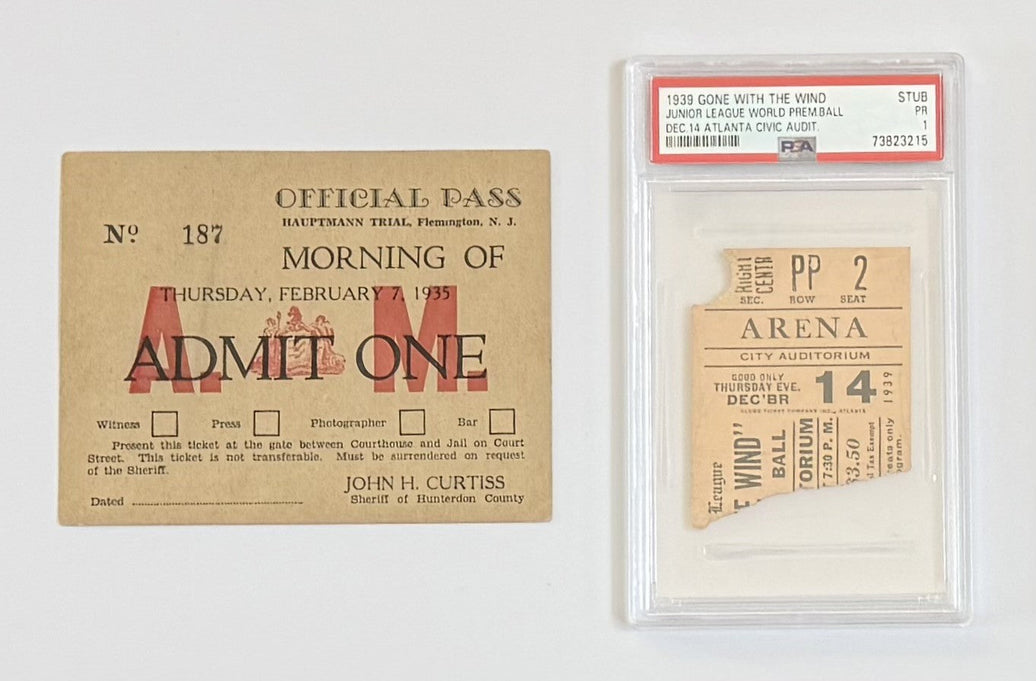
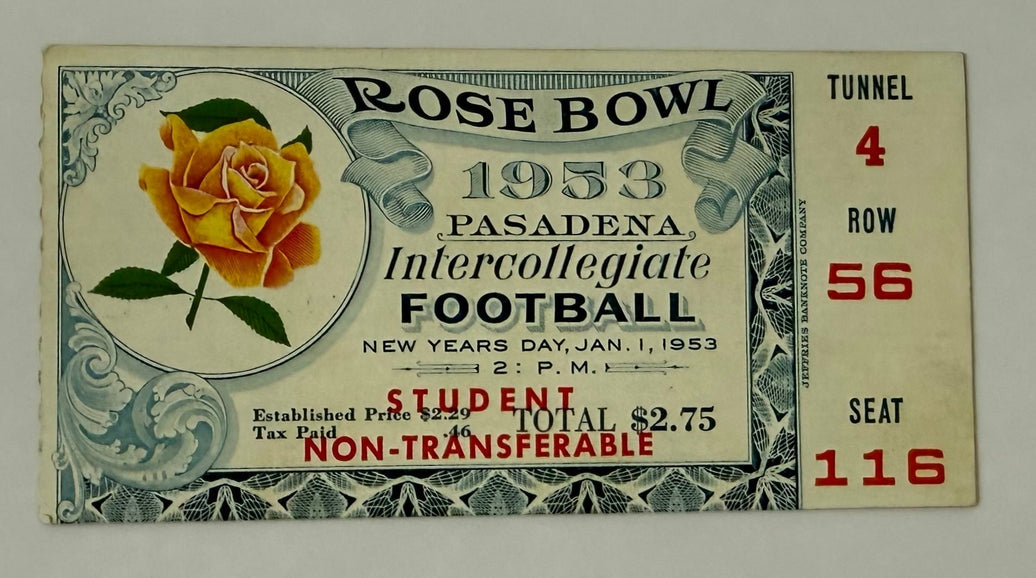
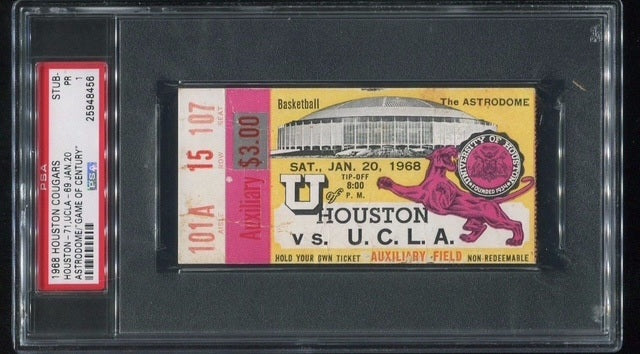

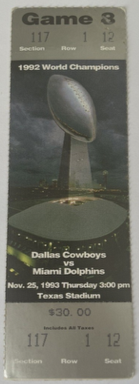
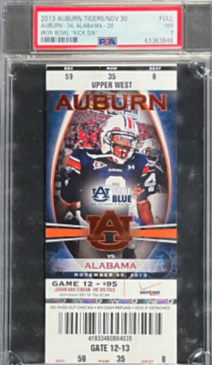
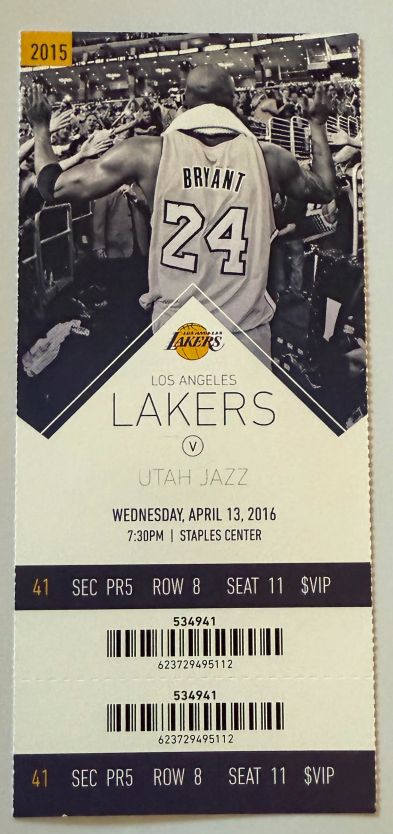
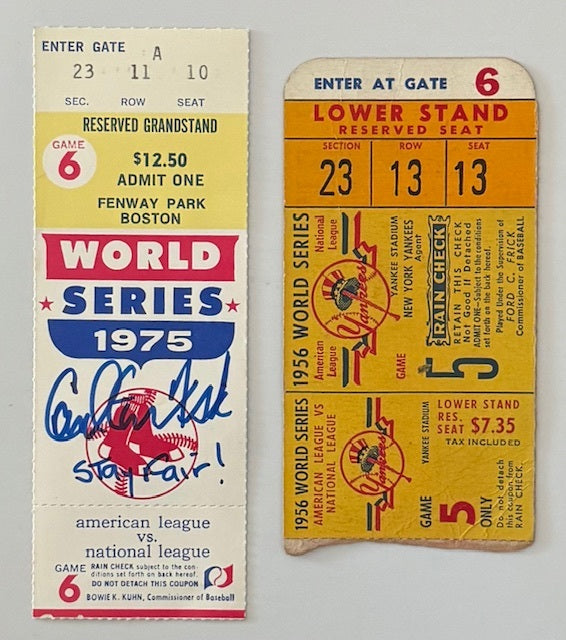
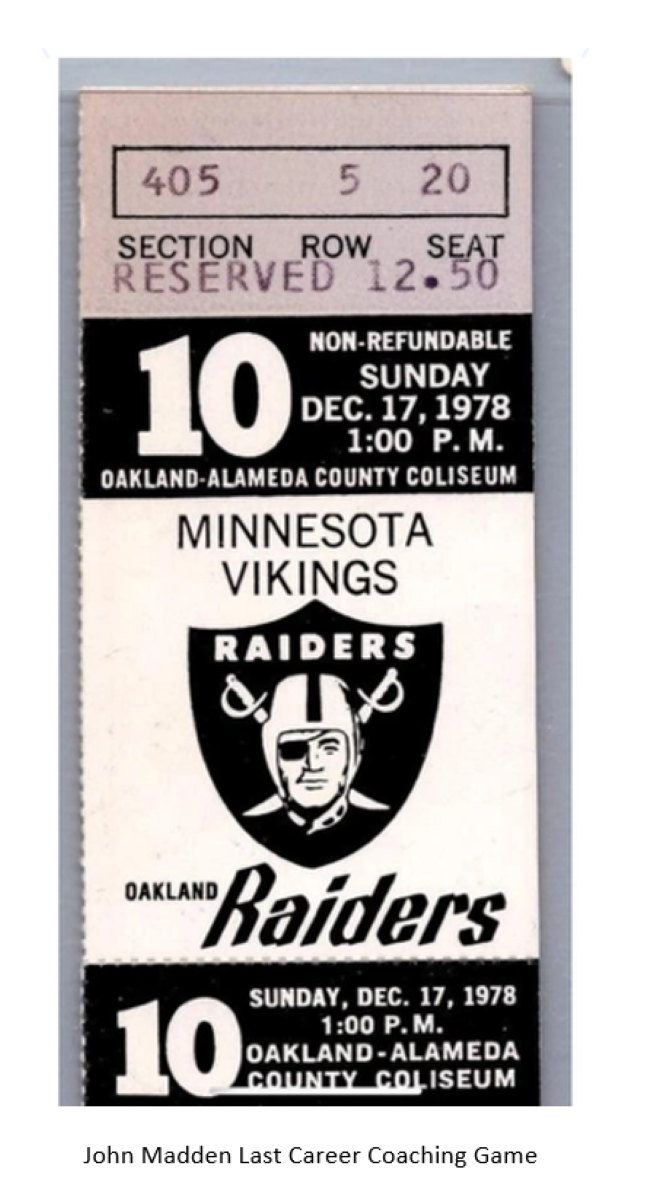

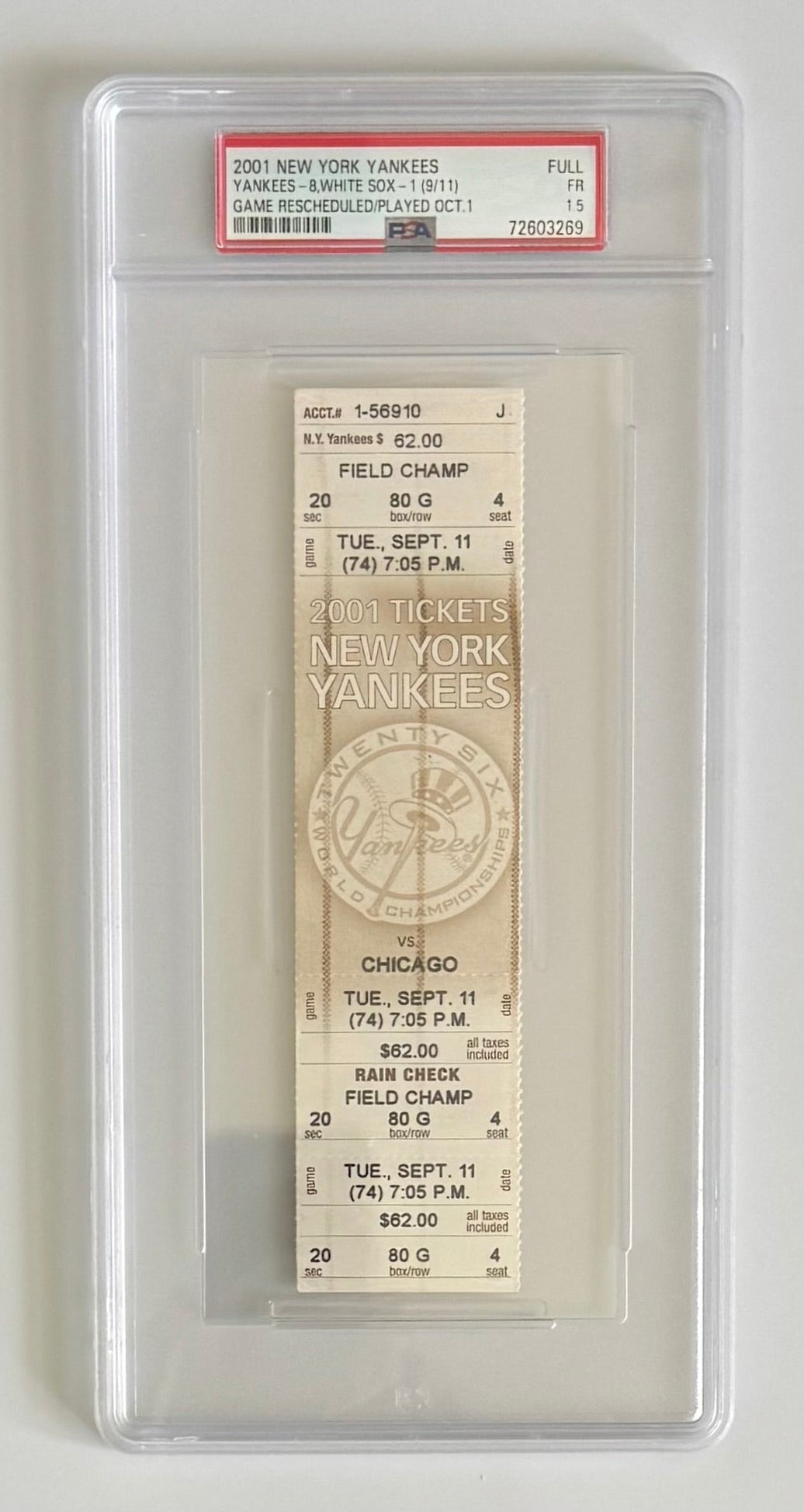
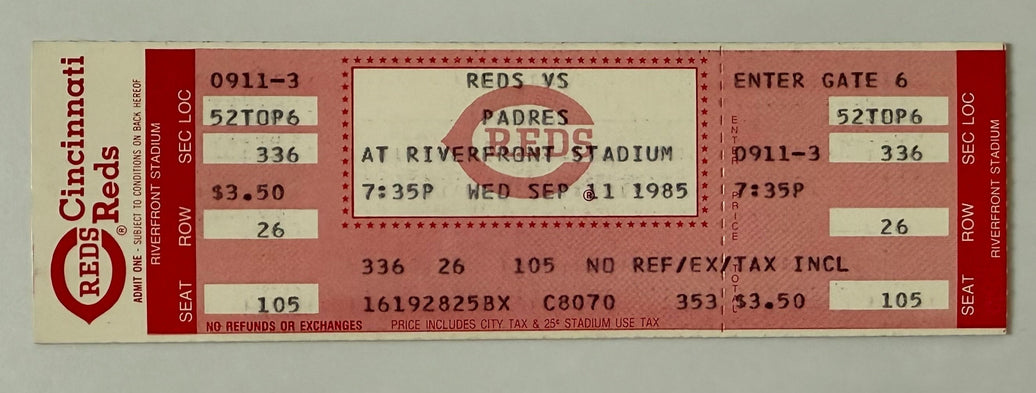


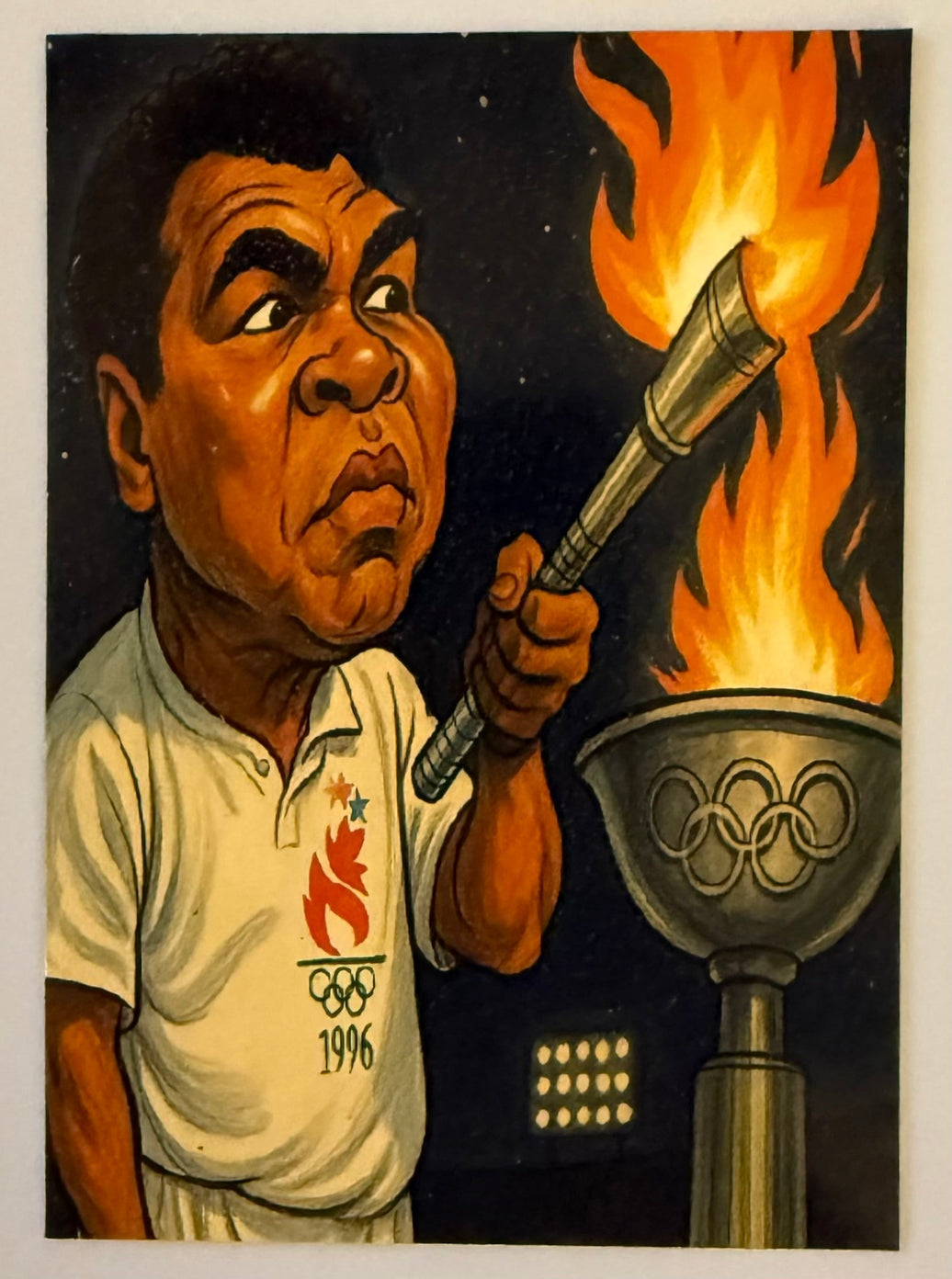


Leave a comment